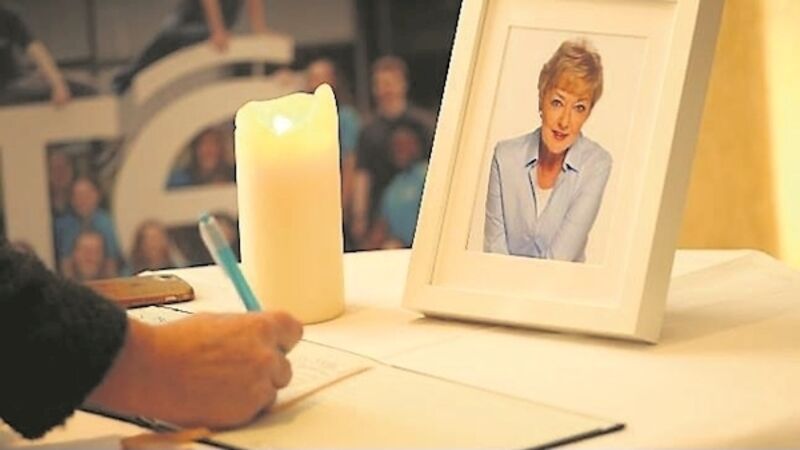Michael Clifford: The private loss, the real loss, in the death of Marian Finucane

The private loss, the real loss, in the death of Marian Finucane could be glimpsed towards the end of her funeral mass in County Kildare today.
Since news filtered through last Thursday that she had departed, there has been copious testimony about the broadcaster’s contribution to the evolution of the modern society in this country.
















